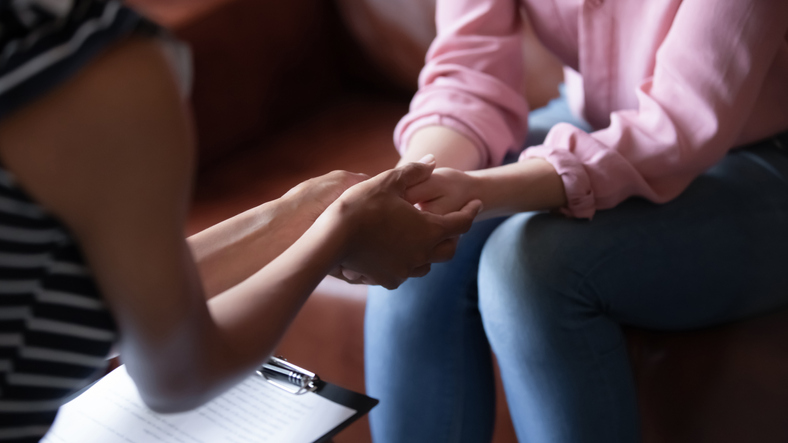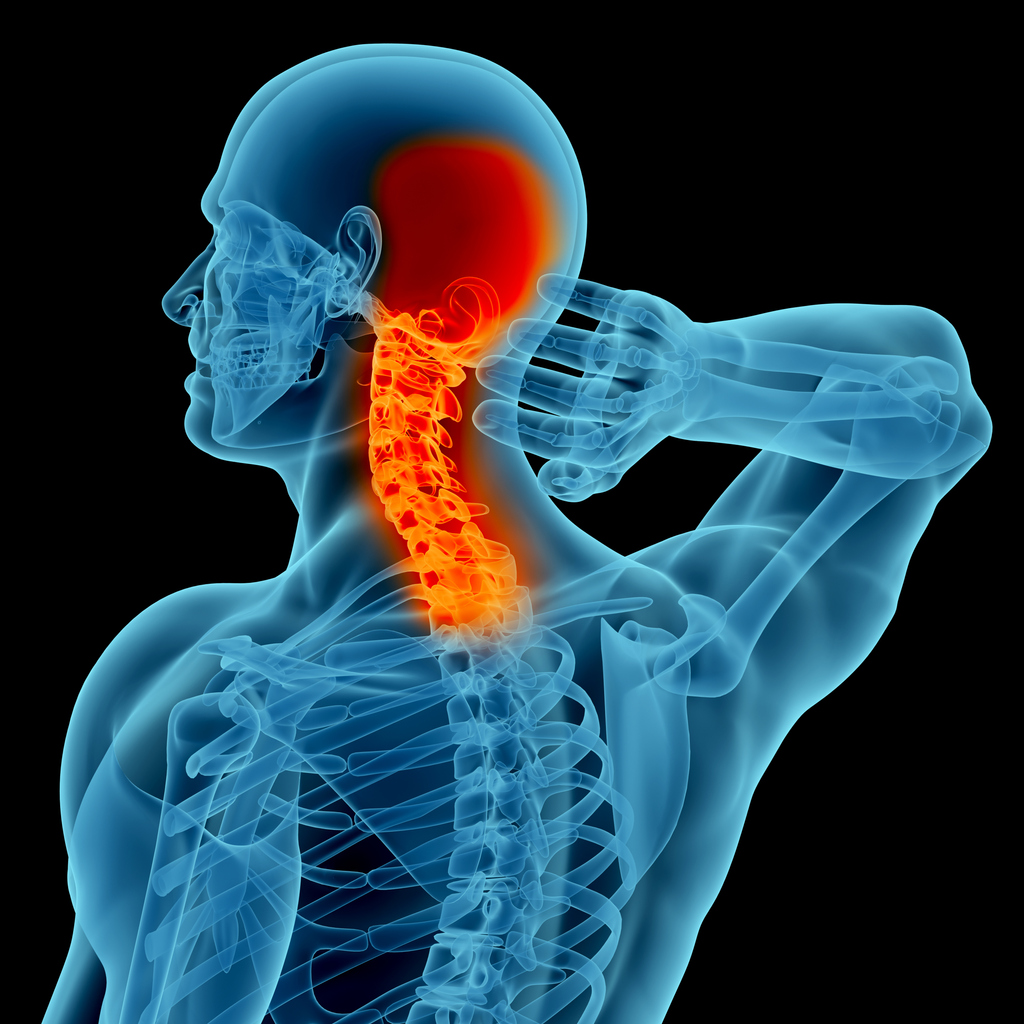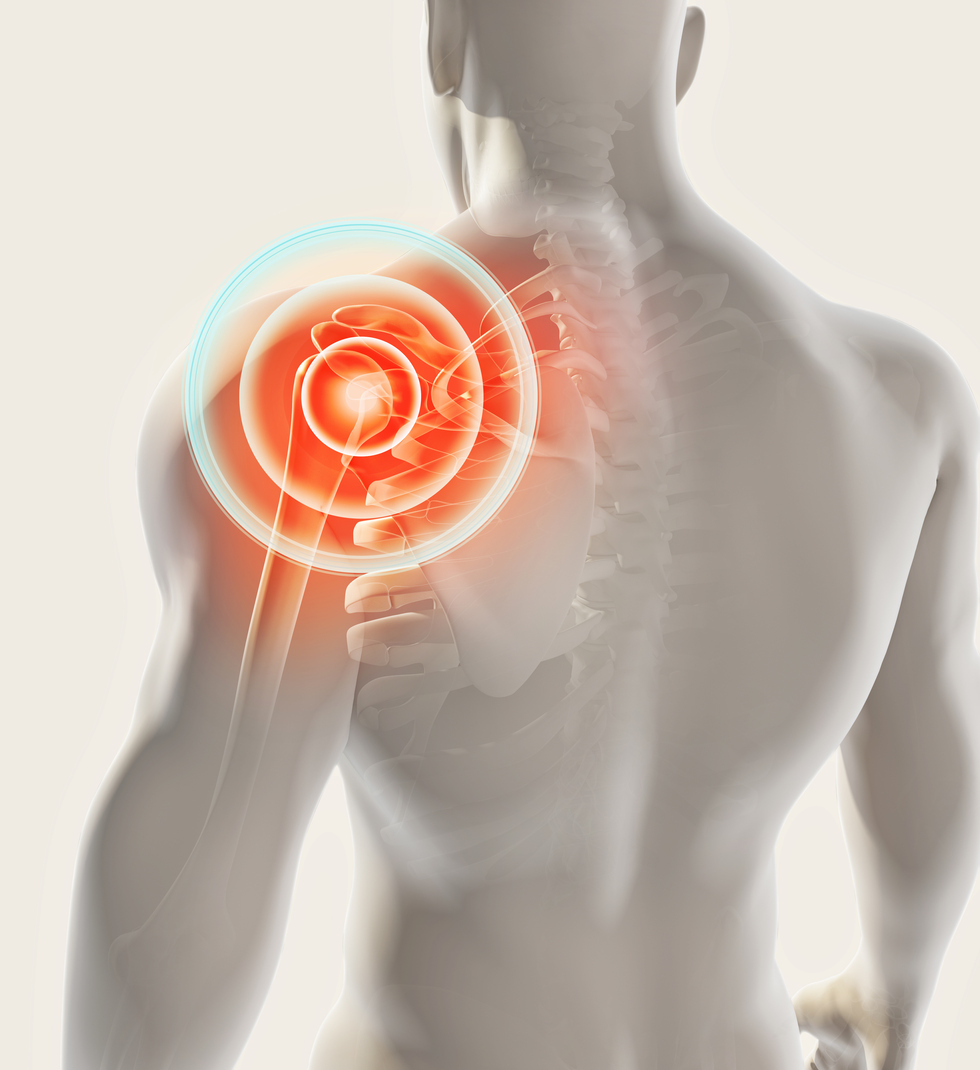Pain
Potential Social Consequences of Living With Chronic Pain

Chronic pain often produces life-altering consequences, including social consequences. It can affect relationships with friends, family, and even acquaintances. Unfortunately, living with chronic pain can affect an individual’s social life, which adversely impacts overall quality of life.
Social activities
The social lives of individuals with chronic pain are often affected due to the pain itself or lack of energy due to poor sleep. Chronic pain can interfere or even prevent participation in social activities. Individuals with chronic pain may be hesitant to even attempt to plan social activities due to the unpredictable nature of chronic pain.
Social relationships
Even when individuals with chronic pain are able to participate in social activities, their pain may still adversely impact interpersonal relationships. It may dominate so much of the individual’s attention that they cannot properly focus on relationships or social connections. It can be quite challenging to be attentive or to express interest in others when dealing with heightened pain levels.
Social interactions
Negative emotions that sometimes accompany chronic pain, such as frustration and irritability, can also affect social interactions. One person’s negative mood can influence the moods of those around them, making interactions unpleasant. Alternatively, individuals with chronic pain may feel the need to mask negative emotions around others, which is disingenuous and exhausting.
The bottom line
Individuals who experience social consequences due to chronic pain can develop skills and coping strategies to help nurture a healthy social life. Counseling, group therapy, and support groups can help individuals address the social consequences of chronic pain and help them restore social connections. A healthy social life can help prevent isolation, increase levels of satisfaction with relationships, and improve overall quality of life.
















